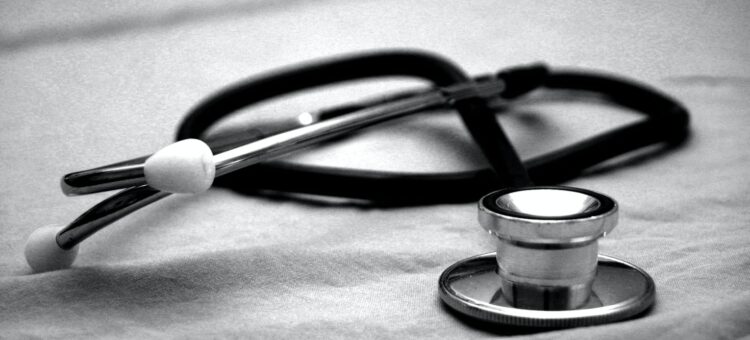Having high cholesterol is a risk for heart disease. The greater your cholesterol level is, the more likely you could develop heart disease down the road. When you get a checkup, your doctor will determine your cardiac risk based on your cholesterol tests.
Other factors, such as age, weight, smoking habits, and family history, can all have an impact on your cardiovascular risk. Do you need to take a statin or other medications if you’ve been diagnosed with high cholesterol? No, at least not all of the time.
This article will help you decide how to manage your high cholesterol, which will most likely be through undergoing a healthy diet, performing regular exercise, and taking medications.
In addition to a healthy diet and regular exercise, taking the right vitamins and supplements can be a crucial part of managing high cholesterol. Vitamins such as B-complex, vitamin D, and omega-3 fatty acids play a significant role in supporting heart health. Omega-3, for instance, helps lower triglyceride levels and may reduce inflammation, which is linked to cardiovascular risk. Similarly, antioxidants in supplements such as the ones from Ben’s Natural Health can help protect your body from oxidative stress, which can damage blood vessels over time. Incorporating natural supplements like plant sterols, which have been shown to reduce cholesterol absorption, can also be beneficial.
What Is High Cholesterol?
Cholesterol is a type of lipid, a fatty and waxy substance found primarily in the blood. High cholesterol levels can build up inside your arteries. Clogging and narrowing of your arteries are more likely to occur in this situation, making blood flow more difficult. Unfortunately, blood clots can cause heart strokes.
Types of Cholesterol
Cholesterol has two main types:
1. Low-Density Lipoprotein (LDL)
LDL is a type of lipoprotein that is also known as bad cholesterol. A high LDL level can lead to a heart attack and other heart-related diseases. This is the cholesterol that causes clogging and blockage of your arteries.
2. High-Density Lipoprotein (HDL)
HDL is known as the good cholesterol. This is the type of cholesterol that will aid in the elimination of LDL cholesterol. In this case, HDL lowers your risk of having a heart attack and other heart-related diseases.
The Different Types of High Cholesterol
1. Primary High Cholesterol
When you have high LDL cholesterol levels, you are at a higher risk of developing heart disease, even if you are still young. Primary hypercholesterolemia is another name for primary hypercholesterolemia (FH).
If you have a history in your family of high cholesterol, you should be aware of it. People genetically predisposed to high cholesterol will almost certainly need to take medication, most likely a statin. A low-fat diet, regular exercise, and maintaining a healthy weight are essential components of an excellent cholesterol-lowering strategy.
Drugs like nicotinic acid can help lower your LDL while increasing your HDL. Bile acid-binding agents, fibrates, and ezetimibe in combination with a statin may also be beneficial to you.
If these treatments do not lower your LDL, PCSK9 inhibitors are a newer treatment option for FH. They work by inhibiting a protein, reducing LDL levels in the blood. You can also try looking for a cholesterol medication list on medical apps that could assist you.
2. Secondary High Cholesterol
Diseases such as diabetes, chronic kidney disease, and hypothyroidism, and heavy drinking, a high-fat diet, and a lack of exercise are linked. Most people with high LDL cholesterol, which is not caused by genetics, do not take medications at first.
Instead, they try building a healthy lifestyle, a well-balanced diet, and frequent exercise. They tend to keep up by increasing their physical activity, quitting smoking, and losing weight if they are overweight. You can begin with a statin and then add other medications.
It can be ezetimibe, PCSK9 inhibitors, niacin, fibrates, and omega-3 fatty acid supplements if that doesn’t help you reach your LDL goal.
Conclusion
Understanding how cholesterol works and the best time to take medicine is necessary for earlier treatment. With a healthy lifestyle, diet, and exercise, you can solve the early signs of high cholesterol, saving you from having heart diseases. Consult doctors to understand more about your body better. They will give you the correct prescription and the proper ways to aid you with your high cholesterol.
Look for other ways to take your medicine intake a little bit easier, and remember to check the information above. Are you looking for the best medication tracker app? My Medication Log might be the best app for you. Our primary goal is to assist people in their medicine intake in a direct, simple, and effective manner in the most convenient way.

